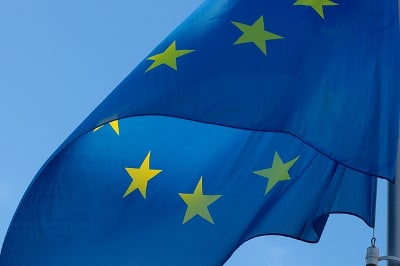The exit agreement reached between the European Council and Britain on 25 November has already done much to allay concerns regarding rights of residency, pension benefits, healthcare, and social security, as well as the transferability of certain professional qualifications.
This means that UK citizens living in Sweden – as well as Swedes living in the UK – should be able to work, live, study and retire in their adopted country of residence – and this includes Brits settling in Sweden before the end of 2020’s transition period, while the same applies to Swedes in Britain.
The Swedish government has said that it is busy working out an efficient way for Britons who have a right of residence in Sweden under EU law, to be able to remain in Sweden on terms similar to those they already enjoy – this is in line with the European Commission’s communication on emergency preparedness that was issued on 19 December 2018.
Furthermore, the Swedish government has already indicated that it is preparing a scheme that will easily allow Britons in the country to apply for either temporary or permanent residence.
Making it easier for UK citizens in Sweden in the event of a no-deal
A Swedish government memorandum, published on 11 January 2019 and updated on 25 February, examined the issue of contingencies for British citizens in Sweden in the event of a no-deal Brexit.
The memorandum proposed that British citizens and their families are to be exempt from the requirements for residence and work permits for a time-limited period during which they will have time to adapt and to apply for the right to stay. The memorandum further proposed legislative
amendments to make the application process easier.
The new regulations are due to be made law on 30 March 2019 with any amendments ratified by 1 July 2019.
Blacktower FM in Sweden
Blacktower works to ensure that our clients receive the financial products and services that are best suited to them wherever they are in the world and whatever their situation.
Our office in Stockholm, Sweden, works to assist the wealth management, tax and pension planning of expats in the country who are looking to make the most of their cross-border financial interests – this includes help negotiating the uncertainties of Brexit.
Contact Blacktower’s international financial advisers in Sweden today for more information.
This communication is for informational purposes only and is not intended to constitute, and should not be construed as, investment advice, investment recommendations or investment research. You should seek advice from a professional adviser before embarking on any financial planning activity. Whilst every effort has been made to ensure the information contained in this communication is correct, we are not responsible for any errors or omissions.

 Maintaining your physical health and wellbeing as an expat is often one of the most pertinent aspects of financial planning abroad. Without the NHS to fall back on for care, making sure you’ve got adequate health insurance in place is an essential part of your preparation when moving overseas.
Maintaining your physical health and wellbeing as an expat is often one of the most pertinent aspects of financial planning abroad. Without the NHS to fall back on for care, making sure you’ve got adequate health insurance in place is an essential part of your preparation when moving overseas. British expats in Spain, France, and Italy are behind a legal challenge submitted to the High Court in London calling on the result of the 2016 referendum to be invalidated.
British expats in Spain, France, and Italy are behind a legal challenge submitted to the High Court in London calling on the result of the 2016 referendum to be invalidated.